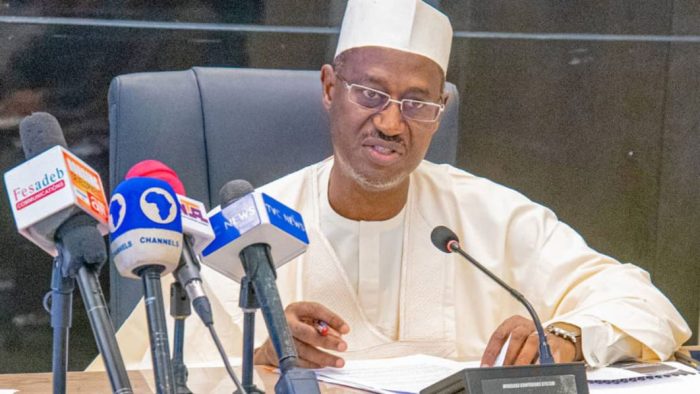The Federal Ministry of Housing and Urban Development has partnered with the National Council on Climate Change (NCCC) to strengthen climate resilience in Nigeria’s housing and urban development sector.
This partnership was announced after a meeting between Ahmed Dangiwa, Minister of Housing and Urban Development, and Dr. Nkiruka Maduekwe, Director-General of the NCCC.
Urbanisation and Climate Change: A Growing Concern
Dangiwa highlighted that urban areas contribute over 70 percent of global greenhouse gas emissions. With Nigeria’s urbanisation rate surpassing four percent annually, climate-smart urban development is now essential.
He emphasised the ministry’s focus on sustainable housing solutions. These solutions align with key United Nations Sustainable Development Goals (SDGs):
- Goal 7: Affordable and Clean Energy
- Goal 11: Sustainable Cities and Communities
- Goal 13: Climate Action
Sustainable Housing Initiatives Underway
Dangiwa showcased the Renewed Hope Cities and Estate Programme, which includes 10,112 energy-efficient housing units across 14 locations nationwide.

He also highlighted progress on the National Urban Renewal and Slum Upgrade Project, with 86 of 106 targeted sites completed. Interventions focused on sanitation, roads, drainage systems, refuse disposal, and solar street lighting.
“These upgrades reflect our dedication to sustainable urban living and climate-resilient communities,” Dangiwa said.
Green Construction: Key Partnerships Driving Progress
The ministry’s partnership with the International Finance Corporation (IFC) Green Buildings Programme remains central to achieving sustainability goals.
Key achievements from this partnership include:
- Training for technical staff on green building techniques and sustainable construction methods.
- Adoption of IFC-EDGE’s IT solutions to design energy-efficient buildings, optimise water use, and reduce energy consumption.
“I directed all ministry projects to prioritise energy efficiency. Our goal is to align Nigeria’s housing sector with global climate adaptation strategies,” Dangiwa stated.
Strengthening Climate Policy and Governance
Dr. Maduekwe stressed the importance of linking climate resilience with urban development. She called for deeper collaboration between the National Climate Secretariat and the ministry to achieve shared climate objectives.
She also revealed that Nigeria is reviewing its Nationally Determined Contributions (NDCs) after the United Nations approved an updated submission.
As part of this process, Maduekwe requested the ministry establish a climate change desk and nominate a representative to join the National Steering Committee, which oversees the NDC review process.
This partnership is a crucial step toward building climate-resilient cities and aligning Nigeria’s housing sector with international sustainability standards.




